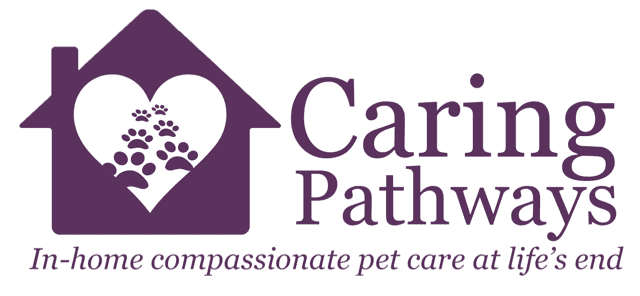Did you know that November is National Senior Pet Month? It is also Pet Cancer Awareness month. With this in mind, here are some tips for keeping your senior pets healthy and happy.
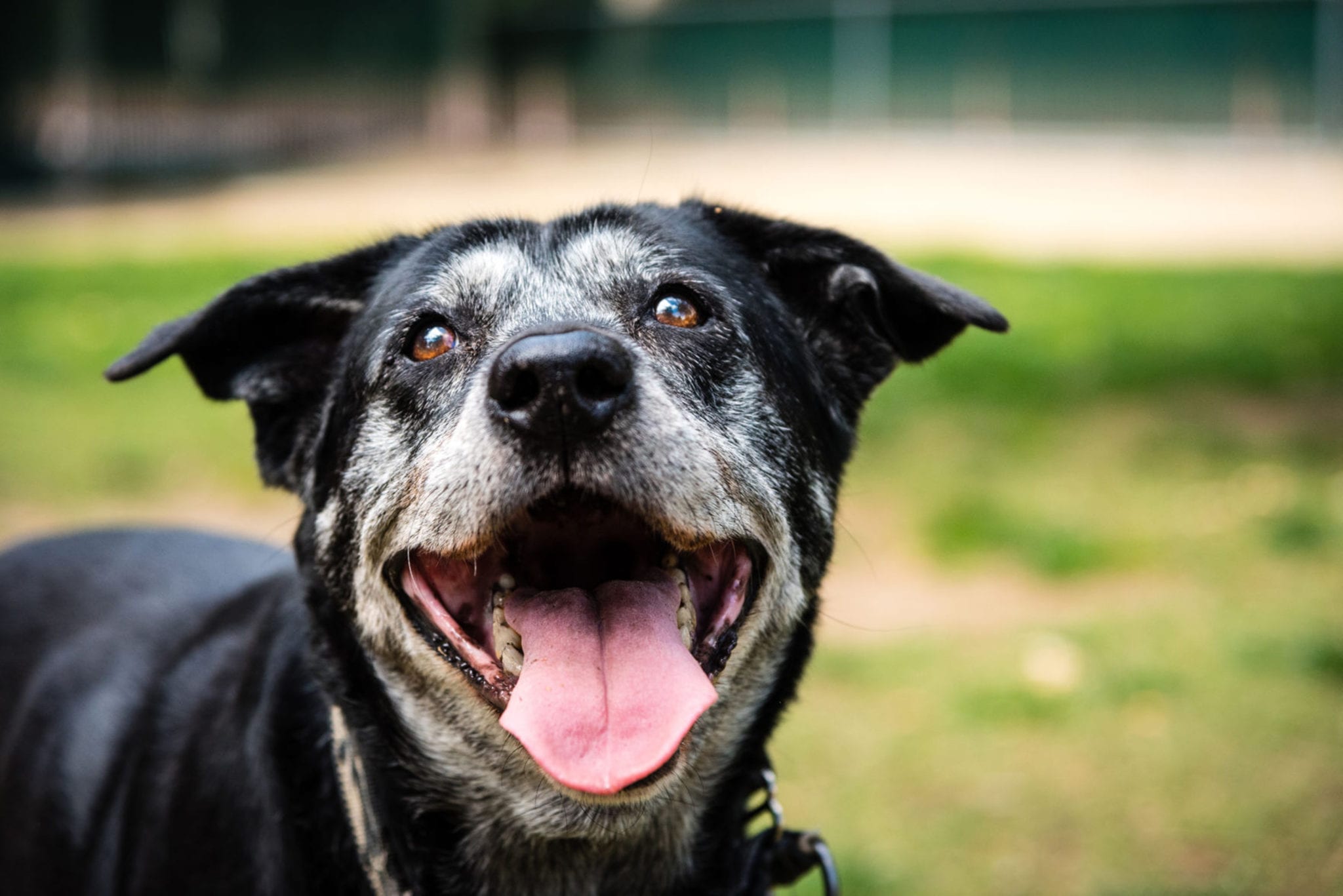
Tip #1: Be proactive in your senior pet’s health
In our senior pets, the “wait and see” approach is generally not recommended. Age is not a disease, but unfortunately with age comes more diseases. Our senior pets can be more susceptible to a variety of issues and often have less reserve than a healthy adult pet. They can get dehydrated and deteriorate quickly compared to their youthful counterparts. If you have a senior pet that is losing weight, eating less, vomiting, having diarrhea, sleeping more often, limping, drinking or urinating excessively, or experiencing other concerning changes, it is best to have them evaluated by your family veterinarian.
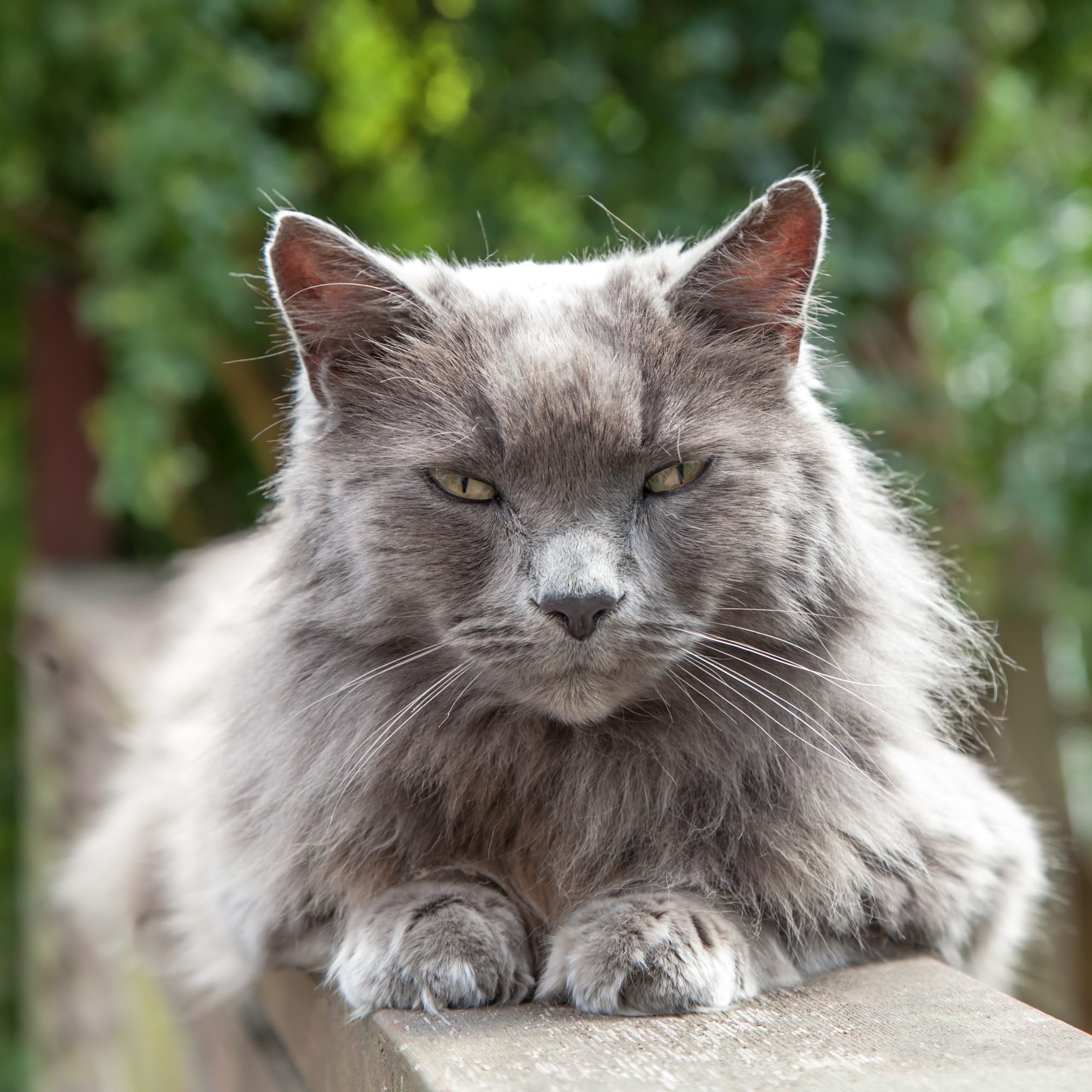
Tip #2: Monitor your pet’s lumps and bumps
What about those lumps and bumps? Many of them can be benign. However, other lumps/bumps that are developing on or underneath the skin can be malignant and may spread to other places in the body. It is recommended to have a veterinarian evaluate any new masses and determine if diagnostic testing is necessary. Diagnostic testing, such as a fine needle aspirate or a biopsy, can help determine if the mass is a cause for concern and should or should not be removed. It is less invasive (and cheaper) to remove small skin masses compared to large ones.
Tip #3: Consider taking your senior pet in for lab work
Lab work is important! Often referred to as the “internal physical exam” lab work allows the veterinarian to evaluate your pet’s major electrolytes, blood sugar, liver values, kidney values, thyroid values, urine parameters, and other important values. Even if your pet isn’t acting sick, lab work can help catch disease processes before they are! By the time underlying disease causes a pet to become outwardly ill, it can be quite advanced. Prevention and early detection is so important in our older pets. If your pet has already been diagnosed with an underlying disease such as kidney failure, lab work may be recommended on a more frequent basis.
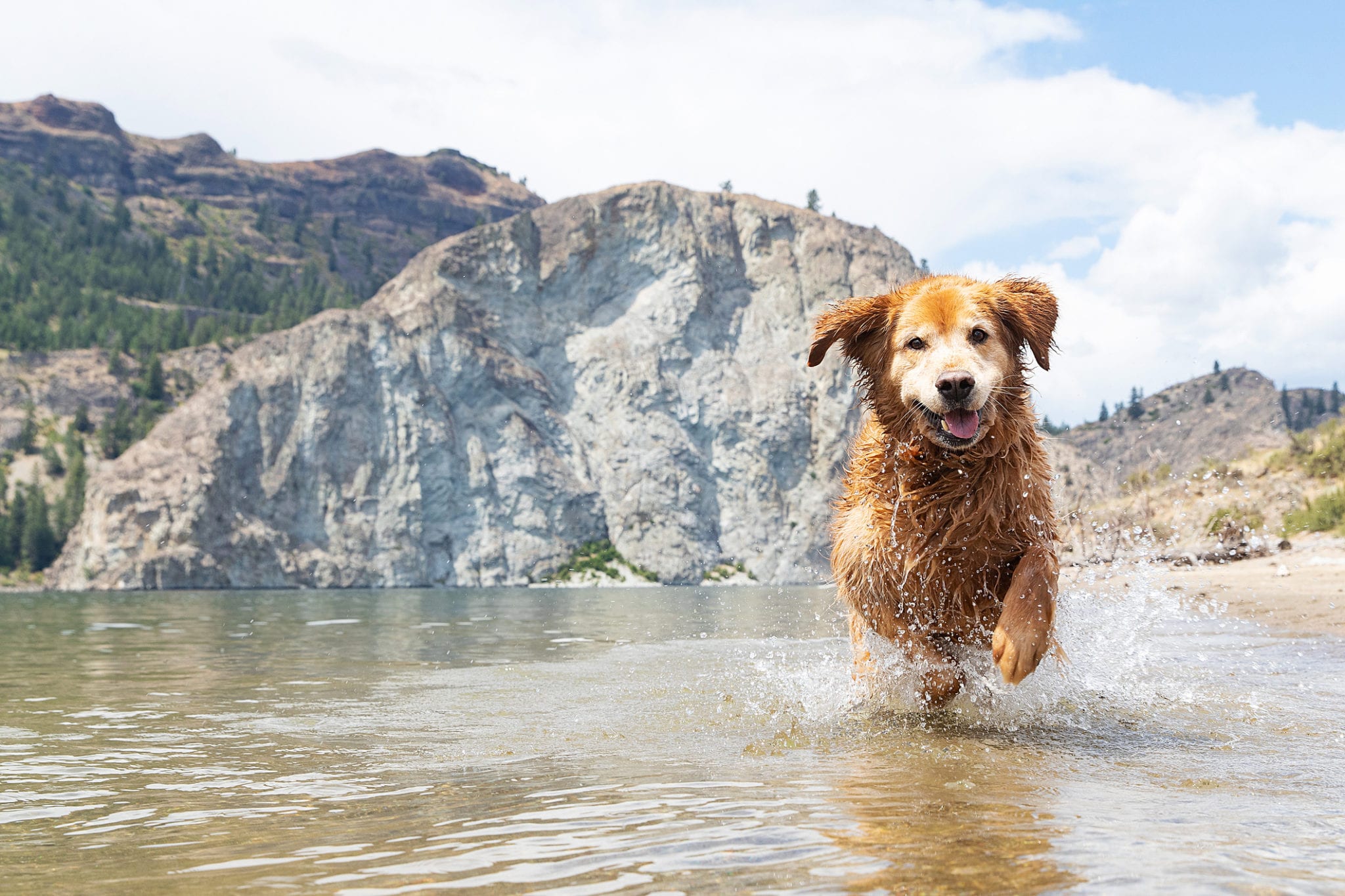
Tip #4: Touch base with your veterinarian at least once yearly
Physical examinations are crucial. Even if your senior pet isn’t due for vaccinations, it’s important to touch base with your veterinarian at least once yearly. In fact, it would be ideal if the majority of senior pets were evaluated twice yearly. Why? Because sadly our pets age much faster than we do and more importantly they cannot talk to us. Your veterinarian can evaluate your pet for dental issues, lymph node enlargement, heart murmurs or arrhythmias, changes in respiration or abnormal lung sounds, abnormal abdominal organs or abdominal tumors, weight loss, sources of pain and arthritis, and much more! Sometimes it is tough to notice these changes when we see our pets every day. Veterinarians are trained to perform a thorough physical examination and will partner with you in keeping your senior pet comfortable and healthy.

Resources from Morris Animal Foundation on Pet Cancer Awareness
Caring Pathways donates to Morris Animal Foundation and their research to help our beloved dogs and cats with the diseases and illnesses they struggle with. Here is a list of resources Morris Animal Foundation provides on pet cancer awareness:
- 12 tips for pet owners related to cancer prevention.
- A new study we funded underway looking into environmental toxins and their potential link to cancer.
- Your cat’s best defense against cancer may be snuggling with you!
- A very promising new imaging technique that finds hidden cancer cells.
- A blog post about one of the most common feline cancers, FOSCC.
Tip #5: Check your home for areas where your senior pet could struggle moving around
“Slowing down” may be a sign of illness or pain. Sure, older pets aren’t going to be as agile as when they were younger, but they may have arthritis or another health condition that needs to be addressed. At home, non-slip rugs or yoga mats may be helpful on wood floors to help older pets maintain their footing. In addition, ramps may need to be considered especially if you have an older large dog that struggles with stairs. There are also harnesses available for mobility challenged dogs that can help you help them. Having food, water, and litter boxes easily accessible (not a lot of stairs or obstacles) is also very important in our older pets.
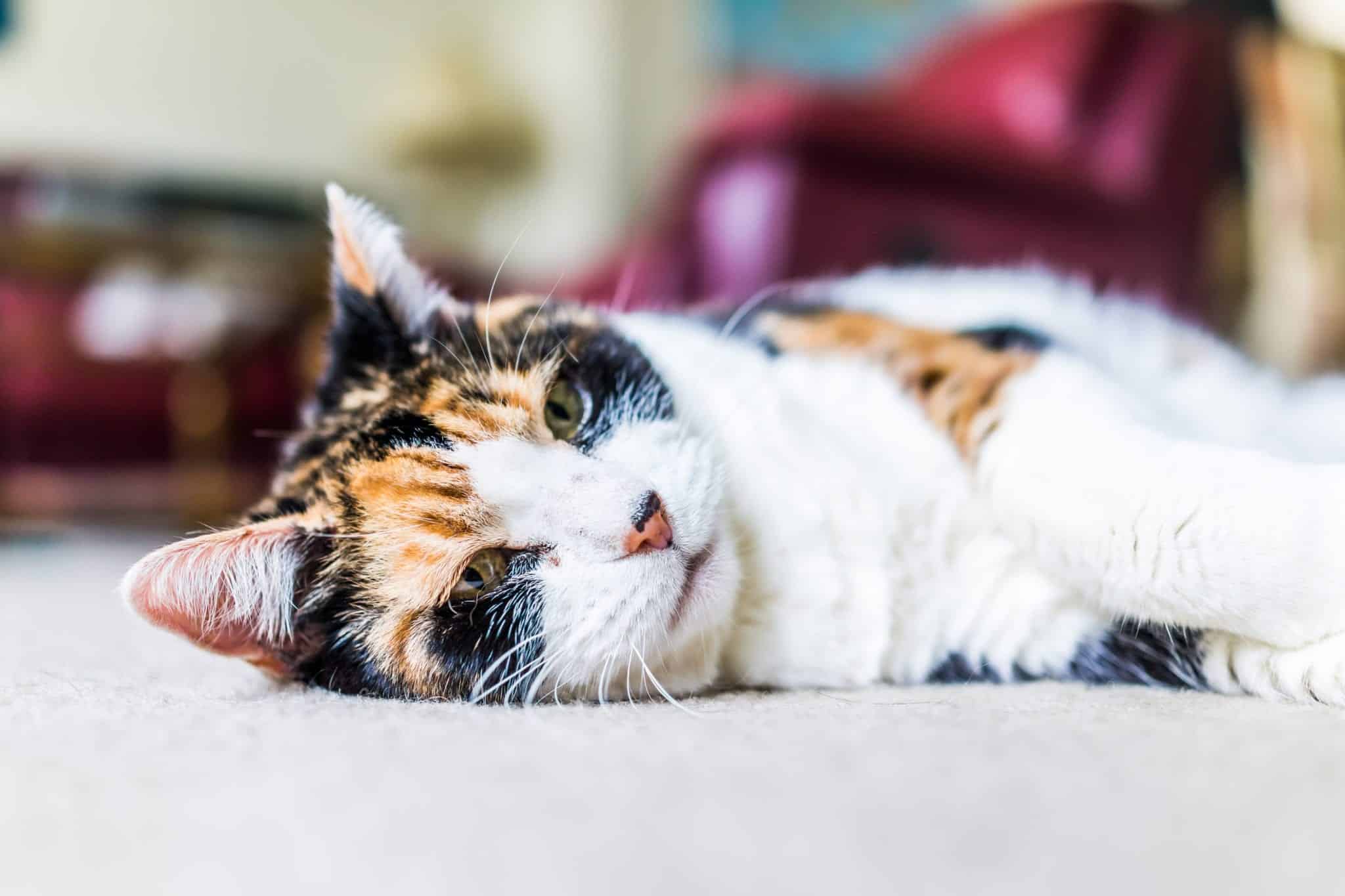
There comes a point where due to age, progression of underlying disease(s), and/or a pet’s quality of life that the focus may shift to comfort rather than prevention or treatment. Our team is here to help you keep your senior pet comfortable at the end of their life and to also facilitate a peaceful in home passing when the time comes.
Click the button below to visit our TeleAdvice page for information on scheduling a consult with one of our veterinarians.
Schedule a TeleAdvice Appointment TodayWritten By: Dr. Emilea Burton, Caring Pathways Veterinarian
After spending several years in general practice, Dr. Emilea learned about Caring Pathways and the important services they provide in the community. She believes palliative care and providing a peaceful end of life transition are perhaps the most meaningful gifts we can give to our pets. She is grateful for the opportunity to bring comfort and compassion to families and pets during these final stages of life. Click here to visit Dr. Emilea’s full bio.

